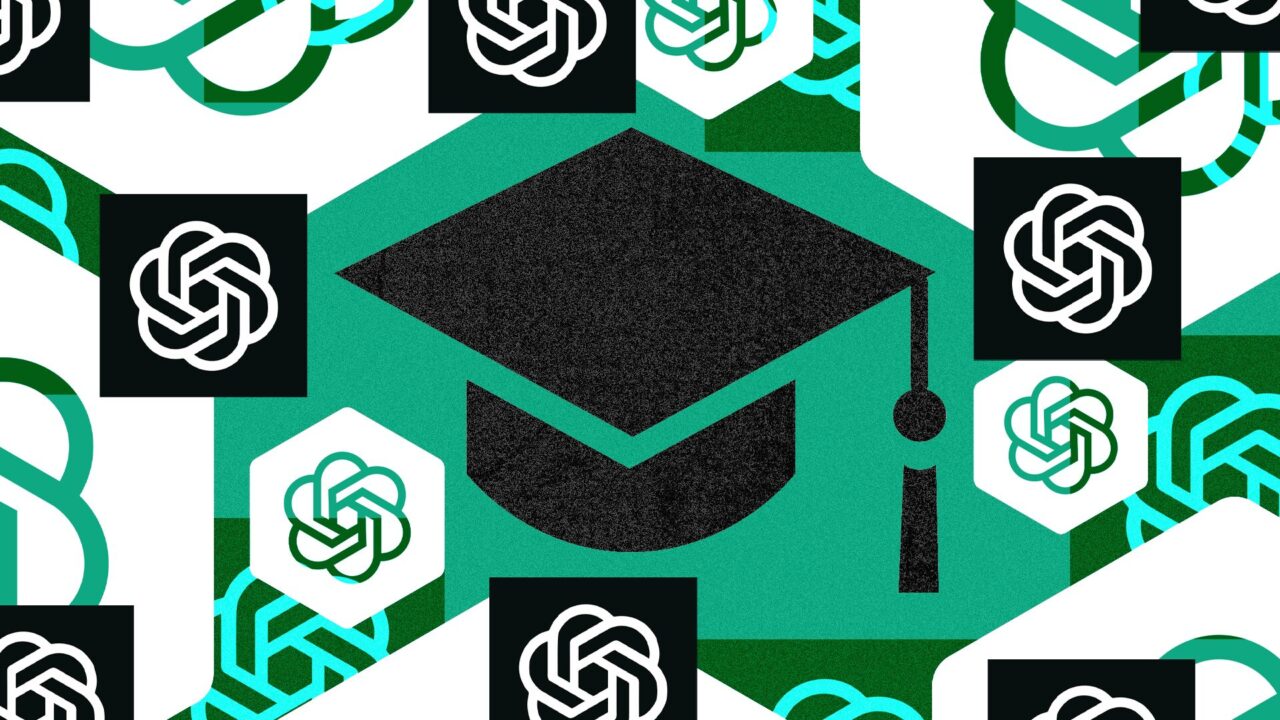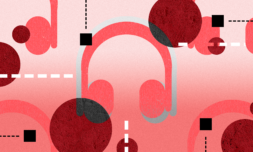The advent of AI and the proliferation of social media have brought about significant changes in various aspects of our lives, including education.
While the technological advancements of AI have opened up new avenues for learning, they have also introduced unforeseen challenges.
One such unlikely hurdle has emerged in the form of UK school examinations. Students are using AI systems like ChatGPT and Snapchat AI to cheat on essay questions and coursework.
In addition, the proliferation of false information on these platforms, bolstered by the emergence of AI, have resulted in the production of fake exam papers.
Some students are willing to pay hundreds of pounds to get their hands on what they think are legitimate documents.
Recent reports suggest that students, under immense pressure to excel, are resorting to purchasing fake exam papers in a desperate attempt to secure good grades.
This trend not only raises concerns about the negative impact of AI and social media on education, but also sheds light on the mounting pressure students face in today’s academic environment.
AI and social media have undoubtedly revolutionized the way we access information and communicate.
However, they have also created an environment where information can be easily manipulated and disseminated without proper scrutiny.
Platforms like Snapchat, with their ephemeral nature, provide an ideal breeding ground for the distribution of illicit content, including fake exam papers. With just a few clicks, students can access and purchase these papers, potentially compromising the integrity of the educational system.
AI-powered algorithms, designed to maximize user engagement, often lead students down a rabbit hole of misleading and dubious educational resources.
What’s truly unnerving, however, is AI’s power to build on user interaction. By analysing our browsing patterns, AI algorithms can generate personalized content that caters to our preferences.
This creates an echo chamber that reinforces the desire for shortcuts and fraudulent materials. As a result, students are trapped in a cycle of misinformation.
Young people are perhaps the most vulnerable demographic when it comes to AI, not only because they are easily influenced, but because their close engagement with social media and the internet means they’re more likely to interact and experiment with AI than other age groups.
While the rise of fake exam papers on Snapchat is concerning, it also serves as a stark reminder of the immense pressure that students endure in today’s education system.
From an early age, students are subjected to a relentless pursuit of academic success, often measured solely by exam results. This high-stakes environment, combined with the intense competition for limited opportunities, is pushing Britain’s young people to the brink.
In an era where societal expectations and parental aspirations weigh heavily on young shoulders, these shortcuts to success should prompt educators, policymakers, and society as a whole to critically evaluate the impact of such pressures on students’ mental health and well-being.
The emergence of fake exam papers on Snapchat should serve as a wake-up call to address the multifaceted challenges brought about by AI and social media in education.
It’s crucial to enhance digital literacy among students, teaching them to critically evaluate online information and distinguish between credible and fraudulent sources.


















